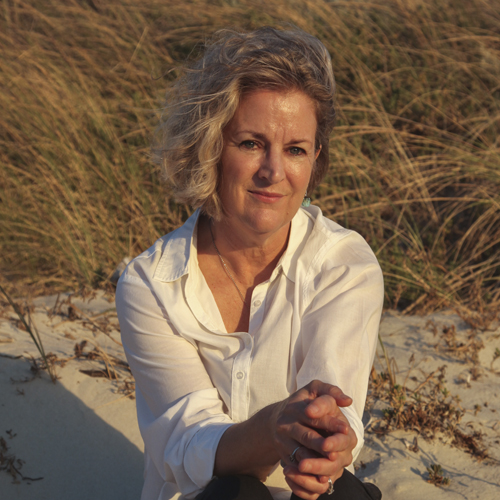Karen Herbert thought writing a crime novel from her own life experiences would be simple, but she was wrong

Karen Herbert’s latest crime novel Vertigo is part political thriller, part social commentary and wholly entertaining. In this interview she takes us into the themes of her work.
The themes in this book are social and political ones. Why did you choose to focus on homelessness and disadvantage?
Homelessness is one of the major factors that drive other forms of disadvantage. When a person doesn’t have a home, they don’t have a safe place to sleep, to keep their food fresh, to get themselves ready for work or school. Children who experience homelessness are more likely to been born prematurely, to experience chronic disease and developmental delay, and to disengage from school. They are less likely to receive appropriate health care. About ten thousand people are homeless in Western Australia. A fifth of these people are children.
The public and not-for-profit sectors are doing some great work in providing low-cost housing. But too often, I hear people say things like there are plenty of homes available or some people prefer to live on the streets. I suspect that if, like Frances, they took a closer look, they’d see that it is not that simple. Imagine the difference we could make in those two thousand children’s lives if they could grow up with a roof over their heads.
What are your thoughts about Frances’s theory that the quiet, routine ‘rip-offs’ are more common than the bigger schemes Eric went after?
I think they are both right, and that it happens across all industries. (In Western Australia, we have a long history of audacious gold stealing!) And you don’t have to do anything particularly innovative or clever to get away with it. After years of public sector investigations and working in the corporate sector, it still amazes me how some organisations lack basic controls to prevent fraud from happening. At least they keep Frances and her colleagues in a job!
Frances suffers from Ménière’s disease, commonly known as vertigo. What was your inspiration for writing this aspect into her character?
I have had Ménière’s disease since I was twenty-one. It is an inner ear disorder that causes tinnitus, nausea, vomiting, dizziness and quite violent attacks of vertigo (sometimes called drop attacks, because you can spontaneously drop to the ground). I wanted to see how a character would handle investigating a suspected murder while dealing with a chronic illness, so Ménière’s disease seemed like an obvious place to start.
What writing challenges did this novel present you with?
I thought that writing about Ménière’s disease would be easy. After all, I have first-hand experience, so I could just write about what I knew. It turned out it wasn’t that simple. Describing drop attacks and the persistent seasickness was a bit too visceral at times. It has given me a whole new admiration for people who write from an own-voices perspective, especially when they revisit trauma in the process.
What’s next for Karen Herbert?
Fremantle Press has accepted my fourth book, Sixty-Five Roses, for publication. In the opening chapter, transplant surgeon Dr Gabriel Beaufort – charming, brilliant, and adored by his critically ill patients – is found dead at the Ghost Walk. From the fourth-floor window of the university hospital, Ruby Rose Gillespie watches the forensic team and listens to the gossip on the ward. She remembers her surgery five years ago, when Dr Beaufort cut open her chest and replaced her failing lungs with a new pair, and the relationship that blossomed between them afterwards.
As she recovers from the infection that put her in hospital on the night of the murder, Ruby revisits the passage of their relationship, from their childhood, university life and reconnection when Ruby joined the lung transplant list. She finds a clue to Gabriel’s death in her own house, delves into the hidden parts of his life, and discovers the secrets behind his success. She realises she might have the key to solving how he died.
As Ruby approaches the fifth anniversary of her transplant, her life is again in crisis, and she makes it her mission to find out who killed Gabriel, while protecting her own fragile identity and borrowed lungs.





